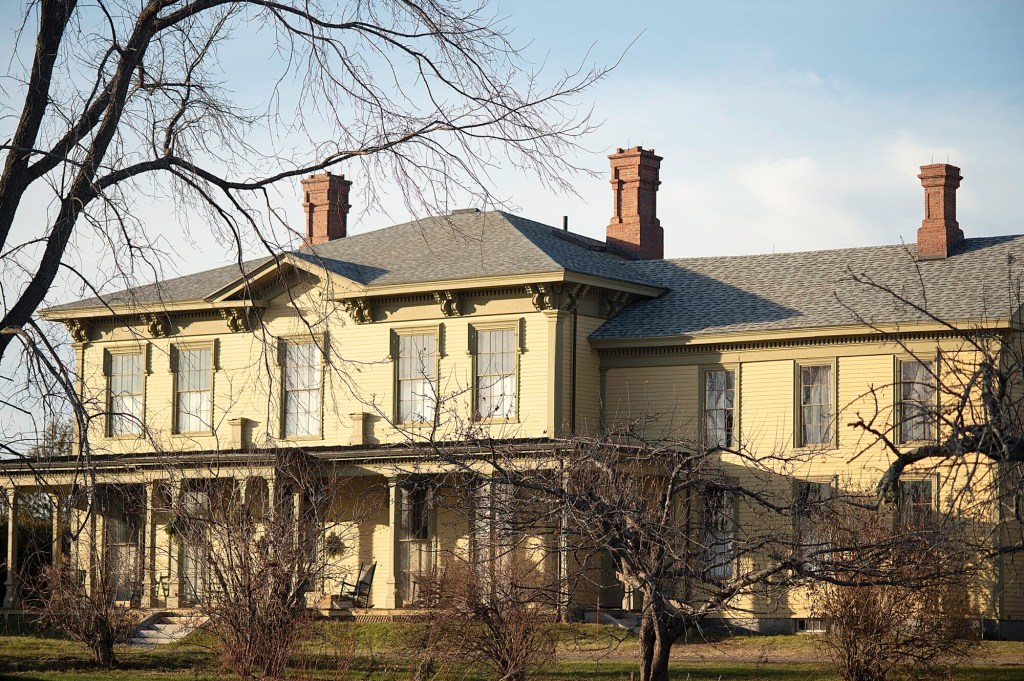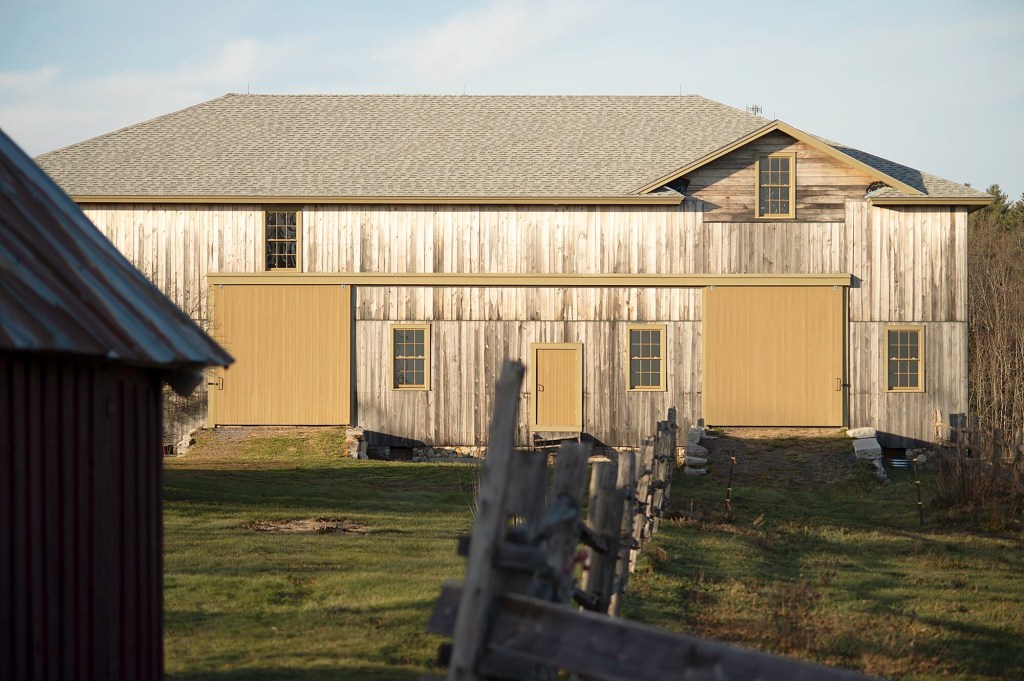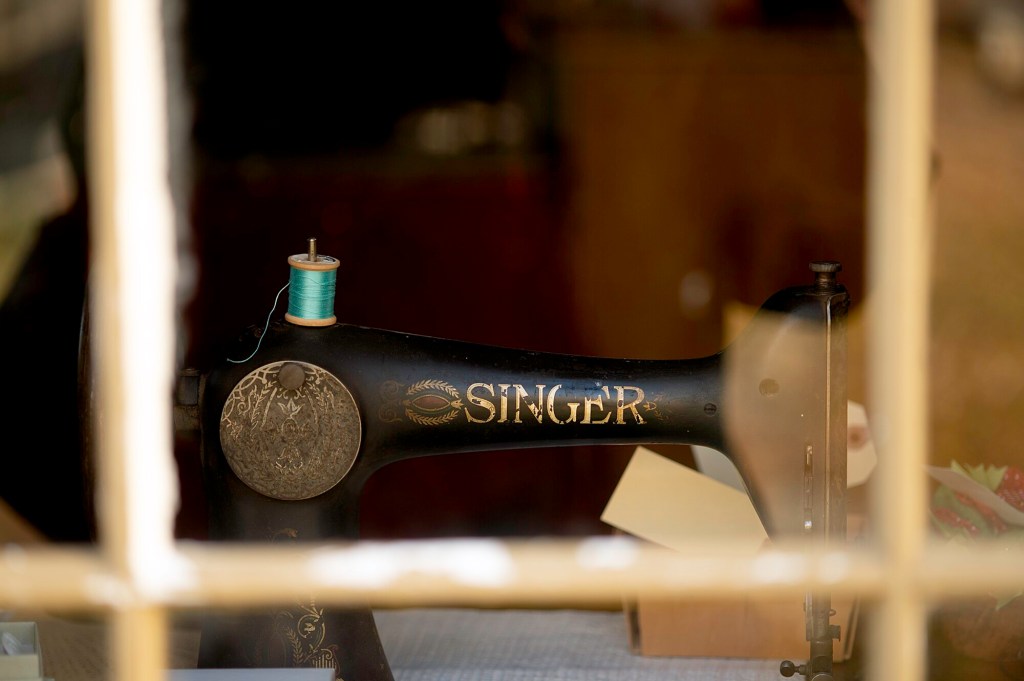LIVERMORE — The Washburn-Norlands Living History Center is at risk of dissolving if it doesn’t get a $3 million infusion of cash by next spring, trustees of its operating foundation said.
“That’s the number that could create a bit of sustainability for us. It would cover some of our operating costs,” said Renee Bonin, president of the board of trustees, on Tuesday.
In 1973, descendants of the Washburn family turned over the ancestral home to a newly formed nonprofit, the Washburn-Norlands Foundation. The foundation, led by Ethel “Billie” Wilson Gammon for 20 years, turned the estate and its collections into a living history and working farm.
“That’s where we find ourselves,” Bonin said of the fundraising campaign. “It’s very similar to where the Washburns themselves” were 50 years ago when they could no longer afford to operate the estate and decided to develop the foundation.
The foundation has been losing money “for many, many, many years,” particularly because of its remote location and the impacts of the pandemic.
That, coupled with the “reduced amount of volunteerism” and the high-and-rising cost of maintenance and repairs on the property’s four buildings, all originally built in the 1800s, “we’ve struggled,” Bonin said.
The cost to repair the 1883 library would be a million dollars alone, she said.

The Washburn-Norlands Living History Center mansion was built in 1867. The foundation that oversees the property says it needs to raise $3 million dollars by March or it may have to dissolve. Daryn Slover/Sun Journal
The board has taken several steps to bring in additional revenue or ease operating costs, such as putting the property under a conservation easement with the Maine Farmland Trust and selling 34 acres of land.
It also has a $300,000 endowment but it’s not enough, the president said, because the Norlands loses about $50,000 a year.
“We know that something needs to change and the board, although they’ve done a terrific job of keeping the Norlands alive for 50 years, we know we have a real fiduciary responsibility here,” Bonin said.
The Norlands and its legacy are an important part of Maine history, she said.
“The achievements they made from this rural community were pretty remarkable.”
In 1809, Israel Washburn Sr. bought a homestead in Livermore in what was then Massachusetts. Soon after, he married Martha Benjamin and together they raised 10 children.
Washburn Sr.’s son, Israel Washburn Jr., served as the 29th governor of Maine and was a founding member of the Republican Party. He was sworn into office three months before the Civil War began.
A family of “staunch abolitionists,” in Bonin’s words, Washburn Jr. and three of his brothers served in state legislatures before and during the Civil War.
Another son, Cadwallader Washburn, founded a milling business that later became Gold Medal Flour Co.
The 17-room mansion at the heart of the estate was built in 1867. It was nearly destroyed by a fire in 2008.
If the foundation does not raise $3 million by the March 1 deadline, the board will have to discuss dissolving the foundation and possibly handing off the property and its assets, including a collection of historical documents, to a new steward.
Closing the Norlands entirely is the absolute last option, Bonin said.
Though it may seem far off, she said the board wanted to make sure community members had “a little advance notice” of what was possibly to come.
“It would be really wrong if we just decided to dissolve or move away and not share with the community ahead of time because they are such an integral part of the Norlands,” said Bonin.
The campaign has raised about $40,000 so far from more than 50 contributors. To learn more or to donate, visit the Norlands website at https://www.norlands.org/ or email trustees@norlands.org.
Send questions/comments to the editors.









